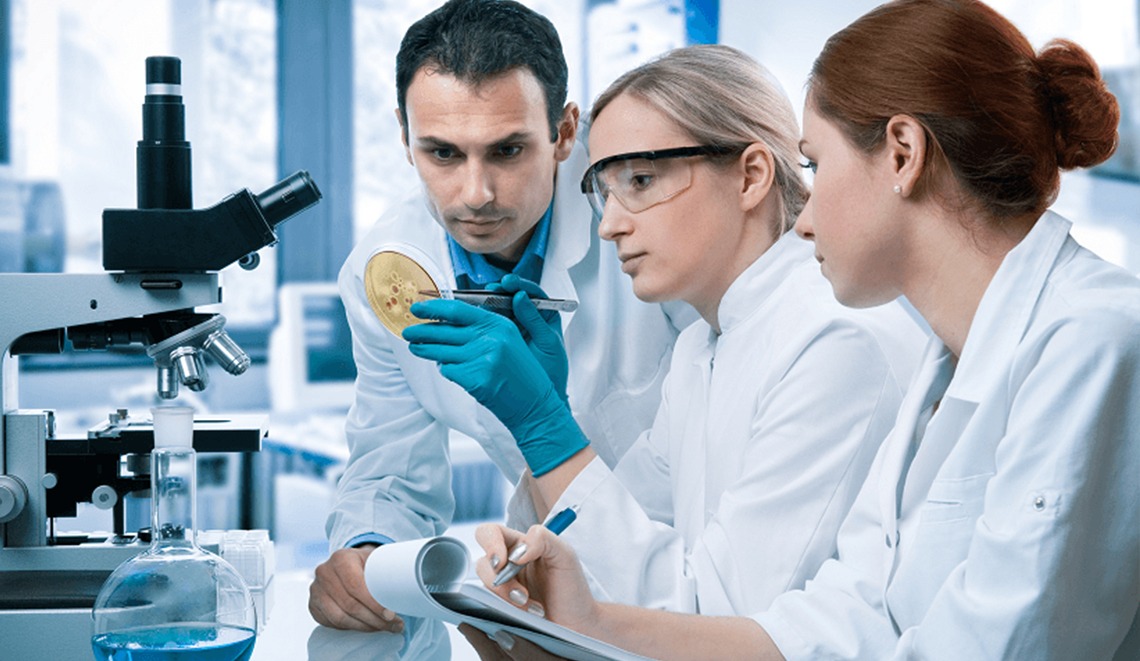Quality Assurance in Lab Testing: Ensuring Accuracy and Reliability

Laboratory testing is fundamental in modern healthcare, providing all the critical insights of a patient's health status. The accuracy and reliability of these tests are most important for correct diagnosis, treatment, and patient management. Quality assurance (QA) is the systematic process implemented to ensure the integrity of laboratory results. For quick and precise results, trust the professional lab testing Houston services provided by local clinics.
The Importance of Quality Assurance
Accurate laboratory results serve as the base of clinical decision-making. Errors in testing can lead to misdiagnosis, inappropriate treatment, and adverse patient outcomes. QA is essential to reduce these risks by establishing and maintaining rigorous standards throughout the testing process.
Key Components of Quality Assurance
A comprehensive QA program includes multiple phases:
Pre-analytical phase: This phase involves patient preparation, specimen collection, and transportation. Adherence to standardized protocols, proper patient identification, and timely delivery of specimens are essential.
Analytical phase: This phase encompasses the actual testing process. It requires precise equipment calibration, reagent quality control, and adherence to standardized operating procedures.
Post-analytical phase: This phase involves result verification, reporting, and interpretation. Clear and accurate communication of results to healthcare providers is essential.
Quality Control Measures
To ensure test accuracy, laboratories employ various quality control measures:
Internal quality control: Regular monitoring of test results using control materials to detect and correct errors within the laboratory.
External quality assessment: Participation in proficiency testing programs to compare laboratory performance with peer laboratories.
Equipment maintenance and calibration: Regular servicing of laboratory equipment to maintain optimal performance.
Staff competency: Ongoing training and education of laboratory personnel to enhance skills and knowledge.
Documentation and record-keeping: Detailed documentation of all testing procedures and results for traceability and auditing purposes.
The Role of Technology
Advancements in technology have significantly enhanced QA in laboratories. Laboratory information systems (LIS) streamline workflow, reduce errors, and facilitate data analysis. Automation of testing processes improves precision and efficiency.
Patient Involvement
While the majority of QA measures occur within the laboratory, patients also play a role. Providing accurate and complete patient information is crucial for obtaining reliable test results.
In conclusion, quality assurance is an indispensable component of laboratory operations. By implementing advanced QA programs, laboratories can significantly enhance the accuracy and reliability of test results, ultimately contributing to improved patient care.

